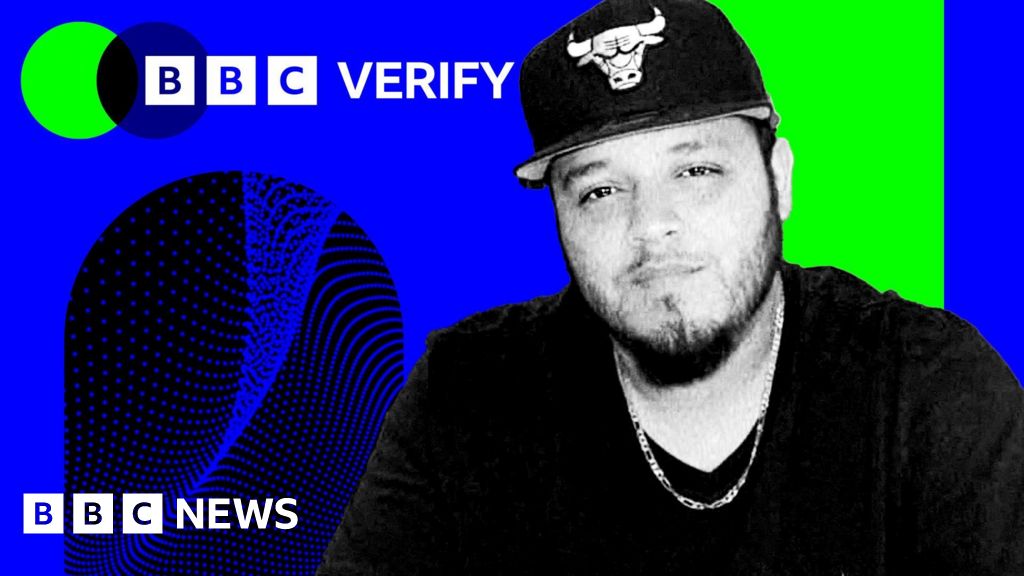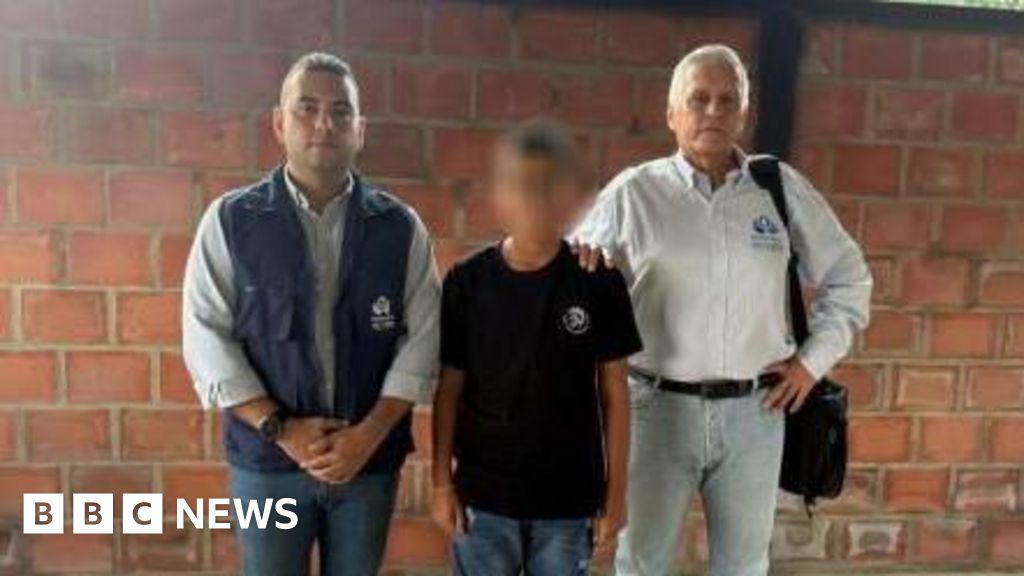- Work
Royal Caribbean's private island in the Bahamas
时间:2010-12-5 17:23:32 作者:Weather 来源:Explainers 查看: 评论:0内容摘要:“I have had that in me from a young age,” said the“I have had that in me from a young age,” said the
Under Florida’s new law, an individual could be charged with a felony if they collect more than 25 signed ballot petitions, other than their own or those of immediate family members, and don’t register with the state as a petition circulator. The law signed last month by Republican Gov. Ron DeSantis also gives campaigns just 10 days instead of the previous 30 to return signed petition forms to local elections officials. Petitioners could also face stiff fines if they don’t return the petitions on time, or send them to the wrong county.Lawmakers argue that the new restrictions are needed to reform a process they claim has been tainted by fraud. The Republican-controlled Legislature pushed the changes months after a majority of Florida voters supported

to protect abortion rights and legalize recreational marijuana, thoughof the 60% needed to pass.Attorneys for the campaigns Florida Decides Healthcare and Smart & Safe Florida have argued the new law makes gathering enough petitions from voters prohibitively expensive and effectively impossible.

In his order, Walker wrote that the new provisions have caused “an immediate reduction in protected speech” by constraining the campaigns’ ability to collect petitions — and volunteers’ willingness to help. But Walker said the campaigners didn’t prove that their free speech rights had been “severely burdened.”“Instead, the record shows that these provisions simply make the process of getting their proposed initiatives on the ballot more expensive and less efficient for Plaintiffs,” Walker wrote.

But there are still free speech concerns to address as the lawsuit moves forward, Walker noted: “this Court is not suggesting that Plaintiffs are not likely to succeed on their First Amendment challenges to the new deadline and associated fines.”
In a statement, Mitch Emerson, the executive director for Florida Decides Healthcare, said he remains optimistic for the legal challenge ahead.“These actions and failures directly undermine the Federal Government’s ability to ensure that foreign nationals admitted on student or exchange visitor visas remain in compliance with Federal law,” the order said.
For foreign students already at Harvard, Secretary of State Marco Rubio will determine if visas should be revoked, Trump wrote.The order is scheduled to last six months. Within 90 days, the administration will determine if it should be renewed, the order said.
A State Department cable sent last week to U.S. embassies and consulates said federal officials willthe social media accounts of visa applicants who plan to attend, work at or visit Harvard University for any signs of antisemitism.
- 最近更新
- 2025-07-07 10:33:40UK backs Morocco's plan in disputed Western Sahara
- 2025-07-07 10:33:40Trump tax bill new tweaks create green power winners and losers
- 2025-07-07 10:33:40opinion content. Business Insight. Welbeck’s doctors are building the new Harley Street
- 2025-07-07 10:33:40Poland to impose border checks in migration dispute with Germany
- 2025-07-07 10:33:40FT Magazine. How the next financial crisis starts
- 2025-07-07 10:33:40UK backs Morocco's plan in disputed Western Sahara
- 2025-07-07 10:33:40Police clash with protesters in Serbia as tens of thousands demand election
- 2025-07-07 10:33:40Serbia's protesting students rally nationwide, putting pressure on Vucic to call early elections
- 热门排行
- 2025-07-07 10:33:40AIRROBO Smart Pool Robot Vacuum$370$600Save $230with coupon
- 2025-07-07 10:33:40Week in Pictures: From Israel’s Gaza offensive to protests in Serbia
- 2025-07-07 10:33:40What’s the average Social Security payment? Plus: Changes for 2026
- 2025-07-07 10:33:40Key players tangle at UNSC at ‘perilous turn’ of US-Israel-Iran conflict
- 2025-07-07 10:33:40Large Room Air Purifier$45$100Save $55with coupon
- 2025-07-07 10:33:40See a physio, quit the fizzy drinks: employers intervene to stem ill-health exodus
- 2025-07-07 10:33:40The 17 Best Retinol Creams Worth Adding to Your Skin Care Routine
- 2025-07-07 10:33:40Authorities determine the cause of death of a man whose burned body was found on Stone Mountain
- 友情链接
- 8 money lessons from the 2008 Great Recession that apply today: A reality check Can you still retire in 2025? Here’s what the experts say amid market volatility How the Fed rate affects your savings: What to expect for every type of bank account Gill and India dominate England on the first day of second Test ABC NewsLawsuit accuses Trump admin of targeting minorities in Los Angeles immigration raids guide Medicare & Working Past Age 65 Hotels and homes evacuated on Greek island of Crete as wildfire burns out of control guide Understanding Medicare Advantage What is compound interest? How it works to turn time into money States that tax Social Security benefits — including updates for 2025 Southwest Monsoon 2025 Ramping Up With A Hurricane Boost This Week Money market accounts vs. money market funds: How these two low-risk savings options differ Gaza youth shun turmeric video trend due to food crisis Best free apps to save money on food — from groceries to restaurants How to switch your home insurance in 7 simple steps (and save money) Gaza youth shun turmeric video trend due to food crisis Donald Trump’s ‘One Big Beautiful Bill’ heads to US House for critical vote What is a personal loan? How it works — and what to know before you apply 8 money lessons from the 2008 Great Recession that apply today: A reality check Dollar-cost averaging: How to stop worrying about the market and start enjoying automated investing NBC UniversalCongressional intern killed in Washington shooting 5 debts to prioritize paying off before retirement DelishYou should be drinking a lot more water than you think during a heat waveRead the full story Can you still retire in 2025? Here’s what the experts say amid market volatility How the Federal Reserve affects personal loan rates Can you lose money in a high-yield savings account? Top 6 risks to watch out for Original Medicare vs. Medicare Advantage: Which should you choose for health coverage? Will Thailand’s Prime Minister survive the latest crisis? US says its strikes degraded Iran’s nuclear programme by one to two years Aftermath of Israel’s deadly attack on Evin Prison in Tehran
